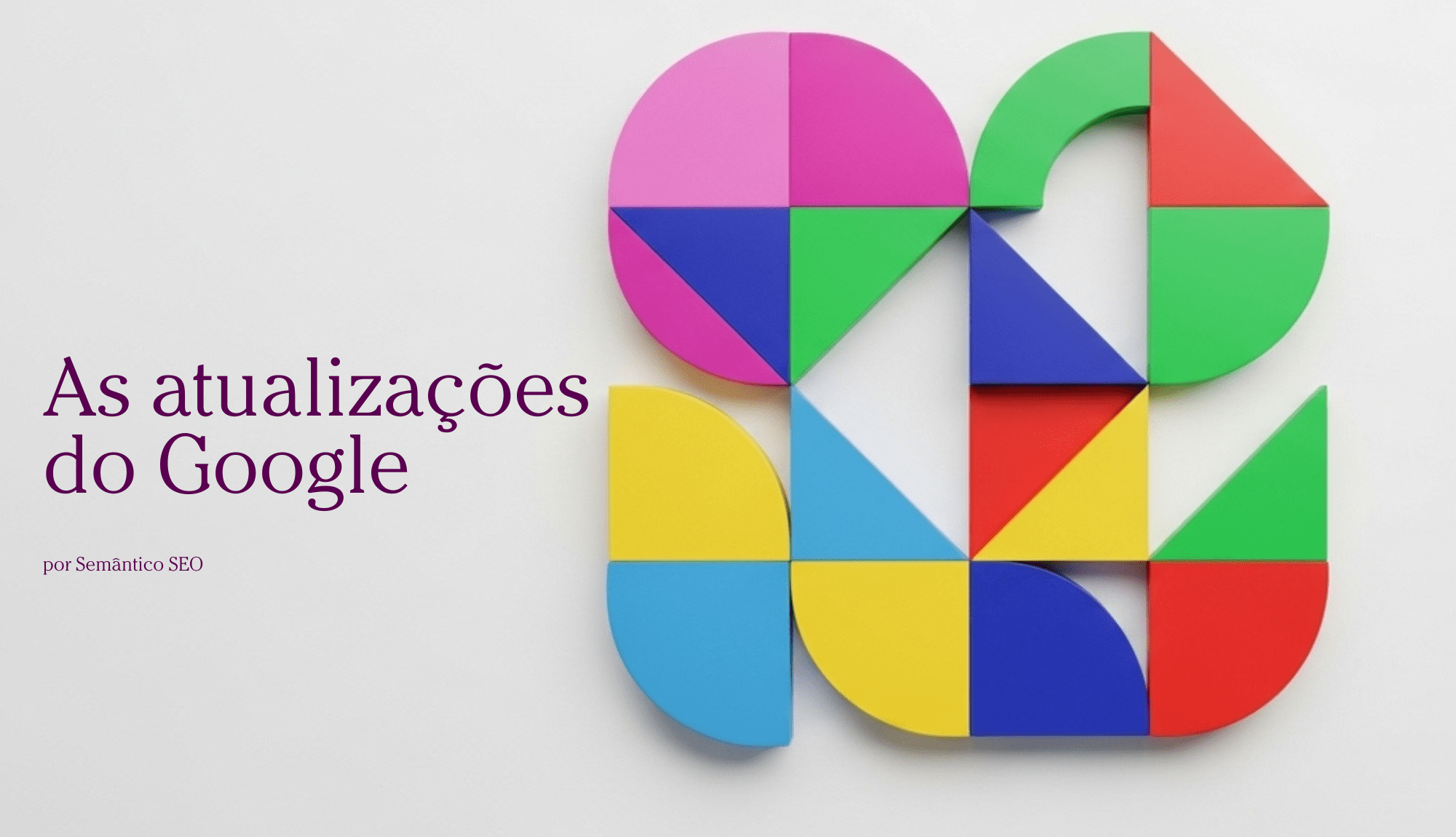Wikipedia
Wikipédia é um projeto de enciclopédia multilíngue de licença livre, baseado na web, escrito de maneira colaborativa e que se encontra atualmente sob administração da Fundação Wikimedia, uma organização sem fins lucrativos cuja missão é “empoderar e engajar pessoas pelo mundo para coletar e desenvolver conteúdo educacional sob uma licença livre ou no domínio público, e para disseminá-lo efetivamente e globalmente.”
Integrando um dos vários projetos mantidos pela Wikimedia, os mais de 30 milhões de artigos ( em português em ) hoje encontrados na Wikipédia foram escritos de forma conjunta por diversos voluntários ao redor do mundo; e quase todos os verbetes presentes no site podem igualmente ser editados por qualquer pessoa com acesso à internet e ao sítio eletrônico http://www.wikipedia.org.
Em outubro de 2013, havia edições ativas da Wikipédia em 277 idiomas.
A Wikipédia foi lançada em 15 de janeiro de 2001 por Jimmy Wales e Larry Sanger e tornou-se a maior e mais popular obra de referência geral na Internet, sendo classificado em torno da sétima posição entre todos os websites do Alexa e tendo cerca de 365 milhões de leitores.
A Wikipédia é uma ferramenta de pesquisa amplamente utilizada por estudantes e tem influenciado o trabalho de publicitários, pedagogos, sociólogos e jornalistas, que usam seu material mesmo que nem sempre citem suas fontes.
O nome Wikipedia foi criado por Larry Sanger e é uma combinação de wiki (uma tecnologia para criar sites colaborativos, a partir da palavra havaiana wiki, que significa “rápido”) e enciclopédia. A palavra “Wikipédia” é uma adequação lusófona da forma original anglófona sobre a fusão dos dois nomes que escrevem Wiki” + “pedia.
Em português, o prefixo “Wiki”, somado ao sufixo de “enciclopédia”, ganhando acento diacrítico agudo no e, para atender à gramática lusófona. A Wikipédia afasta-se do estilo tradicional de construção de uma enciclopédia e possui uma grande presença de conteúdo não-acadêmico.
Quando a revista Time reconheceu “Você” como a Pessoa do Ano de 2006, devido ao sucesso acelerado da colaboração online e da interação de milhões de usuários ao redor do mundo, citou a Wikipédia como um dos vários exemplos de serviços Web 2.0, juntamente com YouTube, MySpace e Facebook.
Alguns têm notado a importância da Wikipédia, não apenas como uma referência enciclopédica, mas também como um recurso de notícias atualizado com frequência por causa da rapidez com que artigos sobre acontecimentos recentes aparecem.
Estudantes têm sido orientados a escrever artigos para a Wikipédia como um exercício de explicar de forma clara e sucinta conceitos difíceis para um público não iniciado. Embora as políticas da Wikipédia defendam fortemente a verificabilidade e um ponto de vista neutro, seus críticos acusam-na de viés sistêmico e inconsistências (incluindo o peso excessivo dado à cultura popular) e alegam que ela favorece o consenso sobre credenciais em seus processos editoriais.
Sua confiabilidade e precisão também são alvo de críticas. Outras críticas apontam a sua suscetibilidade ao vandalismo e à adição de informações falsas ou não verificadas; no entanto, trabalhos acadêmicos sugerem que os vandalismos são geralmente de curta duração.
Uma pesquisa de 2005 na revista Nature mostrou que os artigos científicos que eles compararam chegavam perto do nível de precisão da Encyclopædia Britannica e tinham uma taxa semelhante de “erros graves”.
Outra pesquisa de 2011 realizada pelo ForeSee Results e divulgada pela CNET mostrou que, em uma escala de satisfação de 0 a 100, os internautas atribuíram 78 pontos à Wikipédia, um resultado maior que o de outros sites consagrados, como YouTube e Facebook.



Publicar comentário